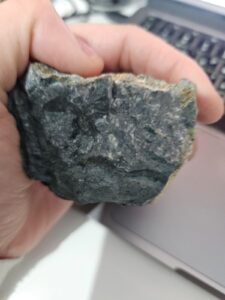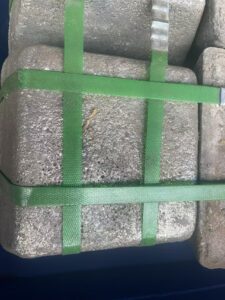Our June issue of the Rare Earth Monthly Report focuses on the Sino-US trade war. The US deliberately left rare earths off their initial tariff list as it realised its over-reliance on China for these critical materials. Furthermore, America relies on China to process its rare earth ores and concentrates, so imposing tariffs would only be a disservice to their own.
However China has always understood clearly its importance to global rare earth processing. In 1992 during his Southern Tour, Deng Xiaoping famously said “The Middle East has its oil, China has rare earth.” We have also known from past experience that China is not above using its rare earth prowess as a political tool. This was demonstrated clearly a number of times, to wit, the Chinese/Japan Diaoyu/Senkaku islands dispute which resulted in China refusing to export rare earths to Japan.
As such, China has retaliated by raising their tariffs on imported rare earth ores and concentrates from 10% to 25%. This has had terrible consequences for Mountain Pass which sends its ore to China for processing.
This tariff has sparked renewed interest in developing processing facilities in the US. Lynas Corporation and Blue Line Corporation, a chemical company based in Texas agreed to a JV partnership the aim of which is to ensure that US companies will continue to have access to rare earth products by offering a US-based source. Similarly Mountain Pass has again evaluated the potential for processing their own material in the US.
However, China needs to tread carefully for as much as it has dominance in rare earths, nearly 80% of its rare earth exports are sent either to Japan or to the US. As such, the country is not well diversified from an export perspective and relies on Japanese and US customers.
Turning to prices, these political tensions have seen prices continue to increase. At the same time, China has banned the import of heavy rare earths from Myanmar. While this is expected to be mitigated in the medium term by importing from other regions, until this happens, Chinese domestic prices of heavy rare earths are expected to remain elevated.
Magnet prices too have rebounded which has seen light rare earths including neodymium and praseodymium starting to improve. We believe that in the current climate these prices are sustainable as long as magnet prices and demand continue to rise.
If you are interested in understanding more about the rare earth markets, kindly email us to discuss our subscription and other services.





